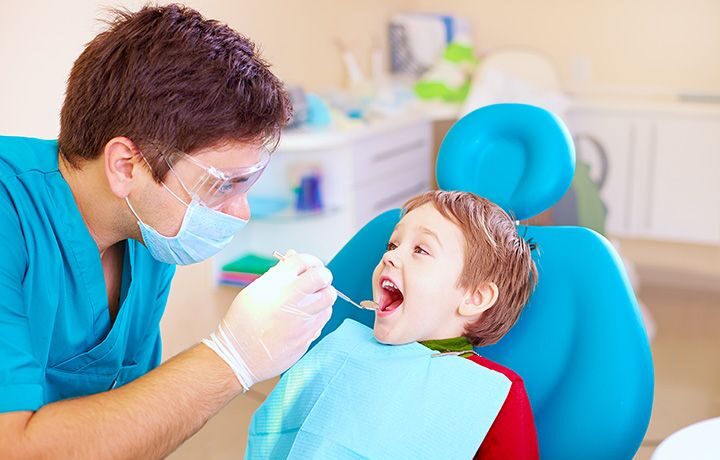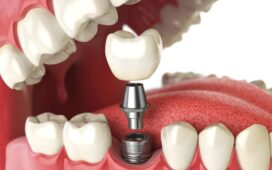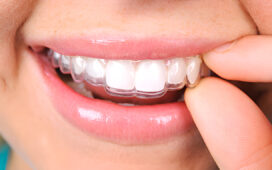Understanding how children’s teeth grow and change is crucial. The process of tooth eruption and shedding involves the growth and eventual loss of baby teeth to make room for adult teeth. phoenix preventive visits are key in monitoring this natural progression and ensuring healthy development. By grasping the basics of tooth eruption, we can support children’s dental health with confidence.
The Tooth Eruption Timeline
The journey of a child’s teeth begins even before birth. Teeth start forming while the baby is still in the womb. Here is a simple table that shows the typical timeline for tooth eruption:
| Age | Teeth |
|---|---|
| 6-10 months | Lower central incisors |
| 8-12 months | Upper central incisors |
| 9-13 months | Upper lateral incisors |
| 10-16 months | Lower lateral incisors |
| 13-19 months | First molars |
| 16-23 months | Canines |
| 23-31 months | Second molars |
This timeline is a general guide. Each child is unique, and some may experience their teeth coming in earlier or later. Regular dental check-ups can help track any changes or delays in this timeline.
The Importance of Baby Teeth
Baby teeth, or primary teeth, play vital roles beyond just helping children chew food. They are necessary for:
- Speech development
- Maintaining space for adult teeth
- Guiding permanent teeth into place
Healthy baby teeth set the stage for healthy adult teeth. Dental decay in primary teeth can lead to problems in the developing permanent teeth. Preventive care, such as fluoride treatments and dental cleanings, can help protect these essential teeth.
Shedding Baby Teeth
The shedding of baby teeth is a natural process. It begins around age six and usually ends by the age of twelve. The first to go are typically the lower central incisors, followed by the upper central incisors. Here’s a brief look at the typical order of shedding:
- 6-7 years: Lower central incisors
- 7-8 years: Upper central incisors
- 9-12 years: Canines and molars
It’s important to note that delays in tooth shedding are often not a cause for concern. However, consulting with a dentist can provide peace of mind.
Ensuring Healthy Tooth Development
Good oral hygiene and regular dental visits are essential. Here are three key practices for maintaining your child’s dental health:
- Brush twice daily with fluoride toothpaste
- Floss daily to remove plaque between teeth
- Schedule regular dental check-ups
The American Dental Association provides helpful resources for parents on how to care for children’s teeth.
Conclusion
Understanding the process of tooth eruption and shedding helps in fostering healthy dental habits from an early age. Regular dental visits, like Phoenix preventive visits, ensure that any potential issues are addressed promptly. Supporting your child’s dental health is an investment in their overall well-being, setting them up for a lifetime of healthy smiles.
















